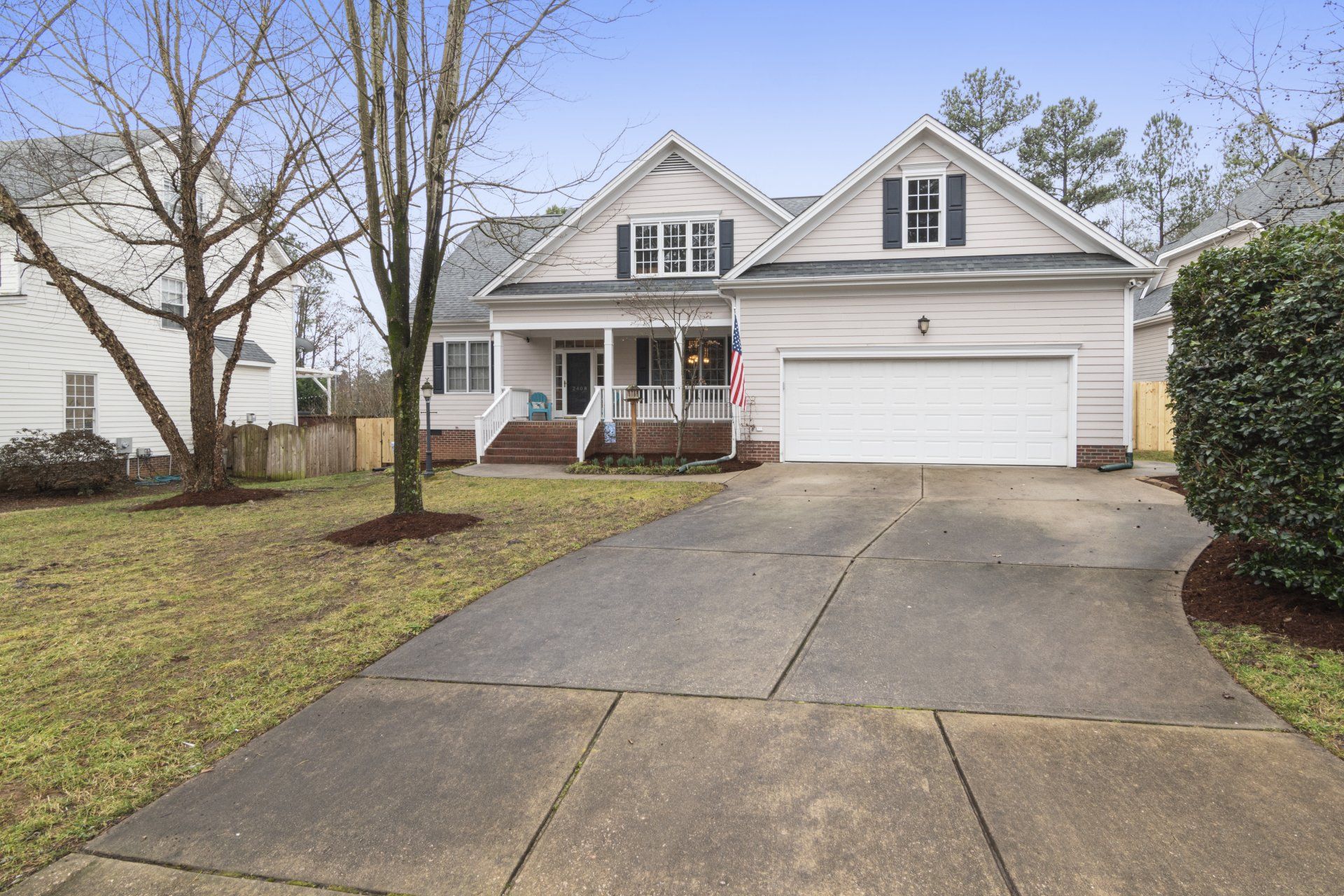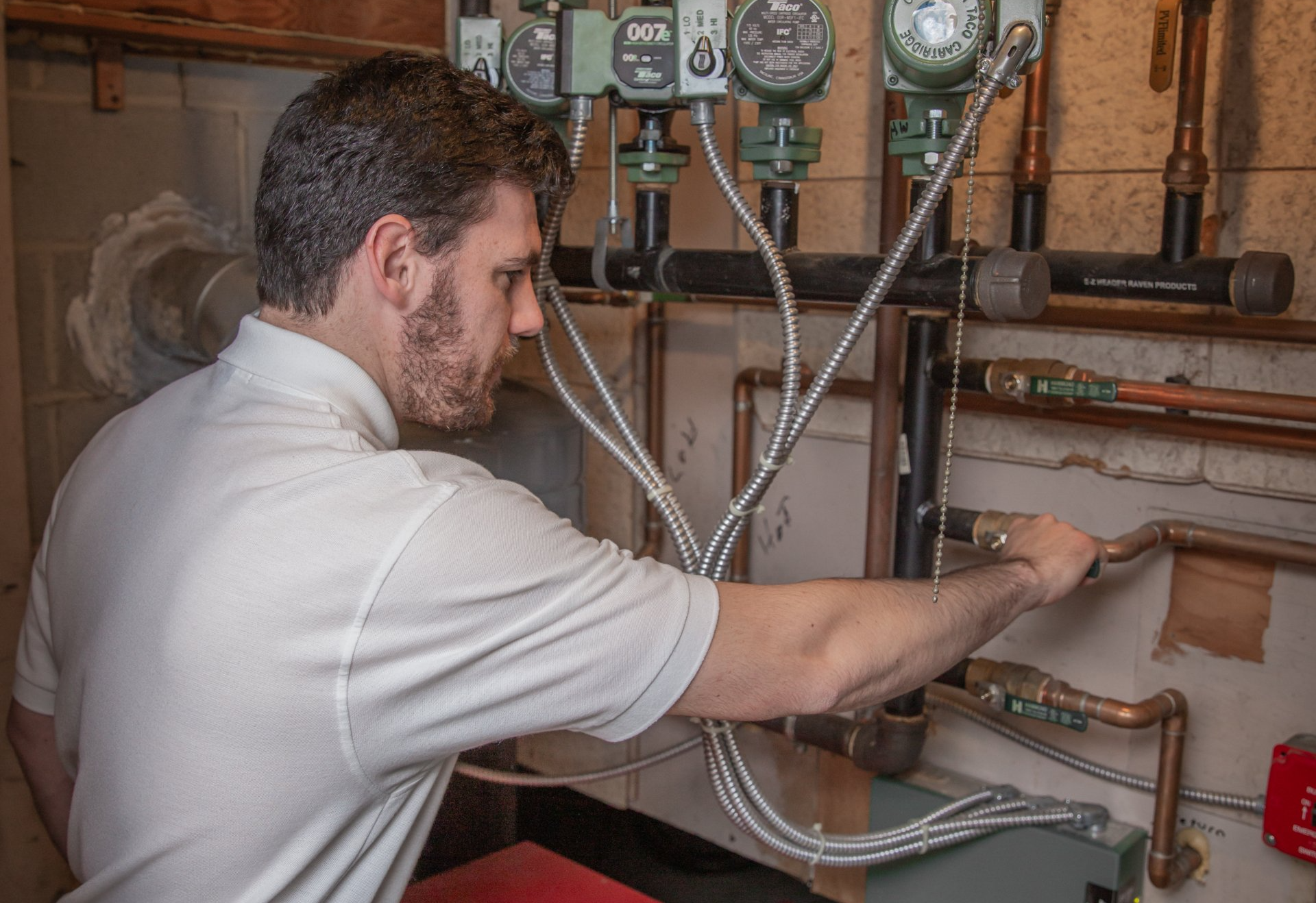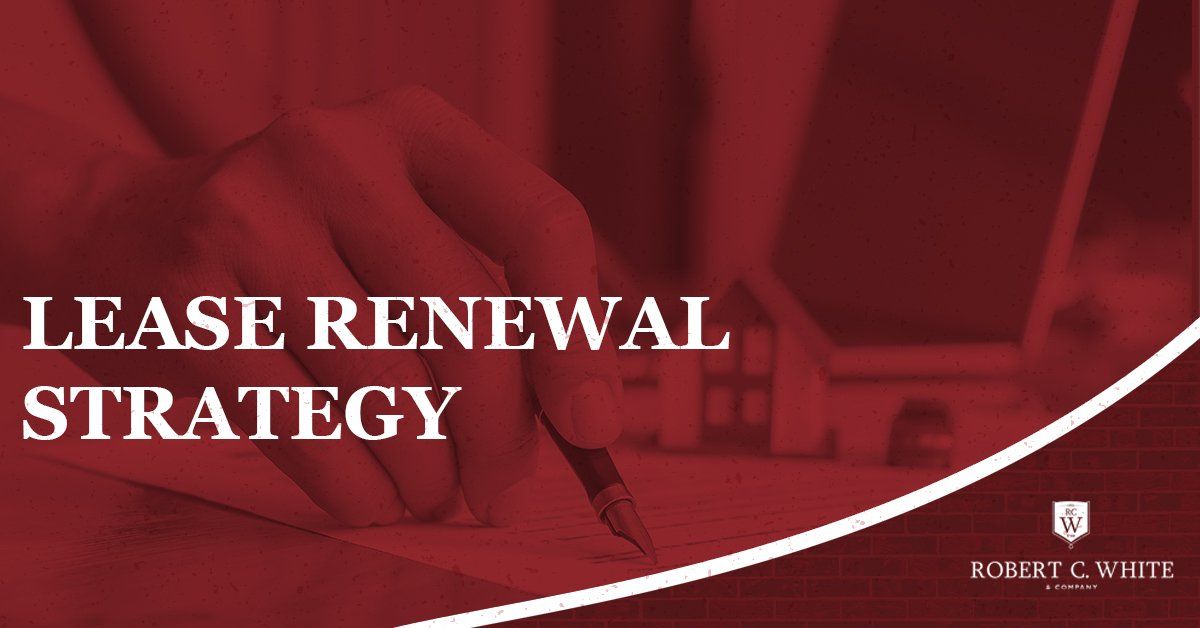Contact Robert C. White & Company
How Coronavirus Has Changed Being a Landlord
Renting after COVID-19: What’s Changed
Government is Willing to Change the Rules:
We have seen government take action and change rules in a big way. When it comes to residential rental properties I have been surprised the extent to which Government has been willing to intervene. Specifically in Connecticut, as of the day that I am writing this, no property manager or landlord can even start an eviction for nonpayment of rent or tenants staying in a rental home longer than the lease provides for. Unless extended (a second time), that ban on evictions (with a few exceptions) will lift on August 22nd, 2020.
Not only that, but here in Connecticut, State Government, through executive orders, have in essence change the rules on when rent is actually due, extending grace periods, which are outlined by law, from 9 to 60 days back in April and May.
Courts have gotten involved also. In Connecticut, the Chief Administrative Judge for Civil Matters has put a stay on all Executions through August 1st, 2020. That is a fancy way to say if you have a court signed document that allows a State Marshal to legally remove a tenant from a property you can’t use it. This has happened 5 times already, starting back on March 17th, 2020. Some landlords have been waiting since March to get tenants out of their rental properties for things that happened before the State even shut down and layoffs happened.
To be honest, I was very surprised when I saw the State Government interceding in private lease agreements. There is actually an active lawsuit against Governor Lamont from private Connecticut landlords saying he overstepped his authority and violated their constitutional rights. Whether he did or did not will play out in the courts, and frankly is not the main point. Whether you think the restrictions were good or bad things is irrelevant too.
What is important to take away here is the Government will change the rules in a way that affects landlords materially and if you know that you can do something about it . . . hence the next two takeaways.
Tenant Quality Matters More Than Ever Before
New Paragraph When I started investing I frankly was a bit cocky. The first property I bought was two two-family homes on 1 building lot. It was in a rougher neighborhood, but I knew the market well and I was convinced that we would be able to “change the neighborhood” by fixing up the house and units. Well, let me tell you, that did not go as planned.
In the first several years we had to start 4 evictions and re-fix up the units several times. You see, even though our units were nice, the neighborhood was not, and when quality prospective tenants came to see the property, they would love the home, but hate the neighborhood and go elsewhere. In the end, we had to settle for lower quality tenants who predictably had problems with rent payment eventually.
It wasn’t until we bought a blighted building in the neighborhood, gut renovated that, and made some other changes were we able to increase the quality of the tenants in our units. Now the property runs quite smoothly, but I learned a hard lesson. . . tenant quality matters a ton in the real estate investing game.
And when COVID-19 hit, that showed more than ever.
Fortunately, the portfolio of homes we manage has a very strong tenant base. We have had very few rent collection problems throughout this period. However, other property management peers that I talk with are not so lucky. They have tenants that haven’t paid for months, and with the courts closed for evictions, they have few options to get them out or encourage rent payment.
And I don’t think we are out of the woods yet. Unemployment and underemployment rates remain high and Federal unemployment support will start phasing out at the end of this month. I expect that more payment problems will reveal themselves.
There are some very practical things you can do if you have a payment problem right now, even if the courts remain closed, but our focus with this article is taking stock and adjusting for the future. And when looking at the future, I see one thing that matters more than probably all others . . . tenant quality.
Having quality tenants that have both the willingness and ability to pay and who will treat the property well is gold and it is worth waiting for them and lowering the rent to entice them to pick your property over their many other choices.
Reserves Are More Important Than Ever
Banks tell you to have three months of payment reserves for each investment property. I always thought that was overkill, and aimed to have about one and a half to two months (outside of reserves for capital expenditures for roofs, etc). Now, I have a medium-sized portfolio, so the impact of a vacancy or nonpayment of rent is spread over many more units, which makes it easier to address the financial impact of those things.
But, when everything hits at once, like with this Pandemic, three months of reserves looks like sound advice.
People that have solid levels of reserves are sleeping well at night, and those without are not. Outlier events happen. It’s not if, it’s when. Do yourself a favor and make sure you have the liquidity to weather future storms in a less stressful way.
Ideally, you have ample reserves and liquid cash so when distressed real estate investment opportunities arise (there will be fallout that creates opportunities) you are in a great opportunity to jump on them.
You Need A Deeper Vendor Bench Than You Think
As a property management company serving a pretty wide geographic area (at this time we serve all of New Haven, Hartford, and Middlesex County as well as parts of Fairfield, Tolland, and Litchfield County), we know we need not just multiple vendor partners for each trade (i.e., plumbing, HVAC, electrical, etc), but also multiple vendor partners in each area for each trade.
No doubt, we have a deep bench of vendor partners, and we constantly look to add to it and improve it.
Even with the number of vendors we had, it wasn’t enough when COVID-19 hit. Home services companies were often running skeleton crews, only dealing with emergencies, or frankly, just waiting for the time being. The health scare and stay-home orders reduced the capacity of vendors dramatically and our normal vendors often weren’t available.
That required us to hit the phones and find more vendors, and we have luckily found some really good ones that we will regularly use now.
However, the point remains, you need more vendors on your bench than you had before COVID-19. If you are small and have one plumber you use, get 2 or 3. If you are bigger and have 2-3 already, get your bench to 5 at least. It matters more if you are using companies that are 1 or 2 person operations, but even if you utilize a big company, you have to have backups.
And a trick here is you can’t just “have them on the list”. You have to use them. The reason you have to use them is that you need to know if they are good and because they need to recognize you as a “customer” before you have an emergency.
Health and Safety Concerns (rightly) Will Impose Changes in Your Processes
Look, the pandemic has people scared for obvious reasons. Whenever valid health and safety concerns arise you need to pivot, including potentially changing your processes, to adjust.
For us, the biggest changes have occurred with routine maintenance, inspections, and showings.
With routine maintenance, as long as the holding off on fixing the problem would not damage the property or lead to a safety concern, we have given the tenants the decision making power to say whether we fix now or fix later. With inspections, we have shifted several by up to 3 months to accommodate the concerns of some of our elderly tenants. And with showings we have reduced the frequency, have conducted virtual showings, and utilized our marketing videos to the fullest extent.
And in all cases, we have increased the cleaning procedures and enforced the use of PPE for the safety of all.
These are small changes to make to ensure everyone remains safe and healthy and has some nice unforeseen positives, including seeing how effective the virtual showings have been.
There you have it, the 5 major things that have changed with renting after COVID-19. While everyone hopes it will be 100 years or longer before we have another event like the one we are in now, we do know that “Black Swan” events happen more often (about every 10 years). I hope you are one of the wise ones that takes learning from today to make your real estate investing stronger in the future.
Contact Us For Help With Renting
We will get back to you as soon as possible.
Please try again later.
Our Services
Main Office: (860) 613-6290
Our Services: (860) 200-3331
info@robertcwhite.com
57 Dodge Ave Suite 107, North Haven, CT 06473
CT Licensed Broker #0790511

Business Hours
- Mon - Fri
- -
- Sat - Sun
- Closed
Business Hours
- Mon - Fri
- -
- Sat - Sun
- Closed












